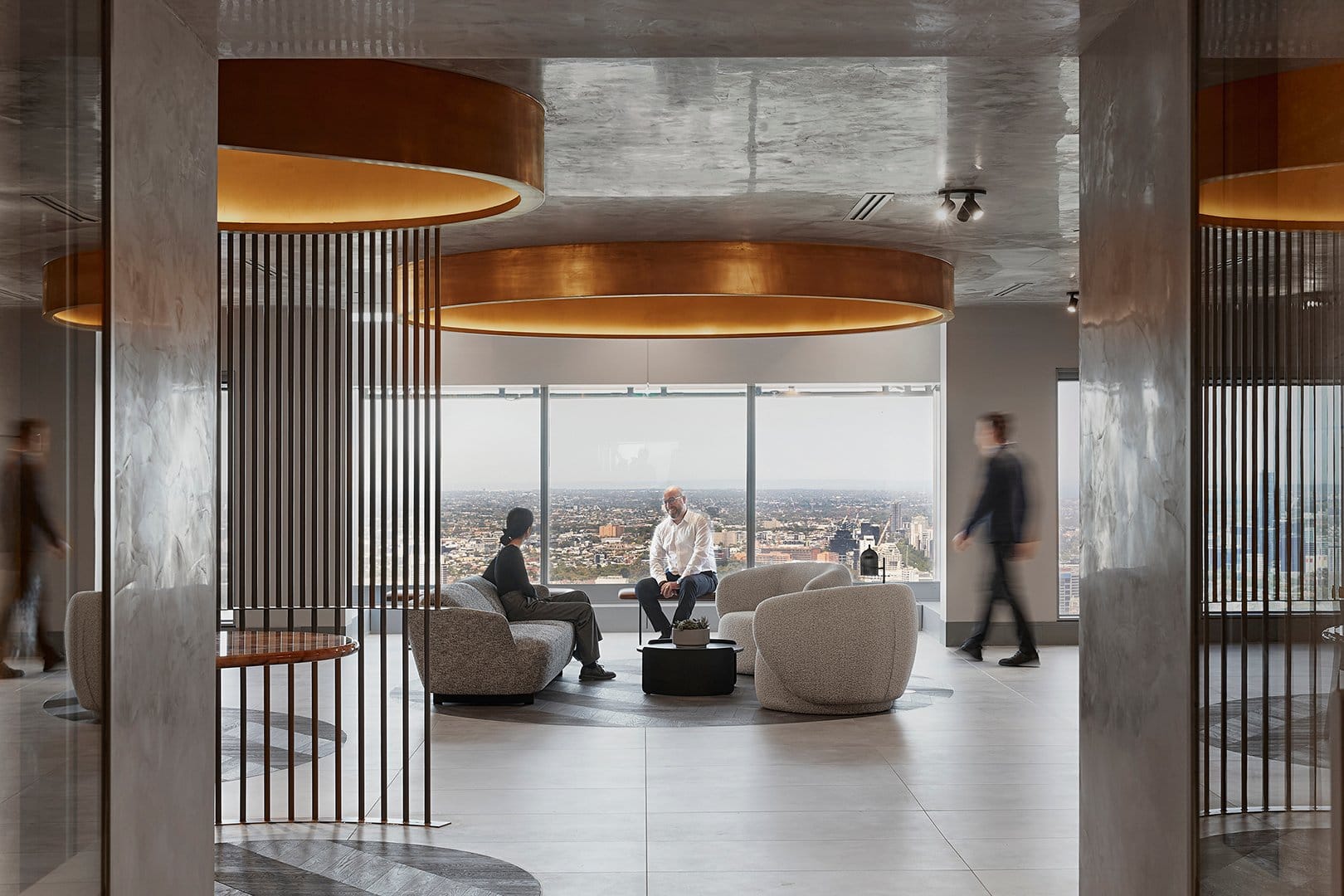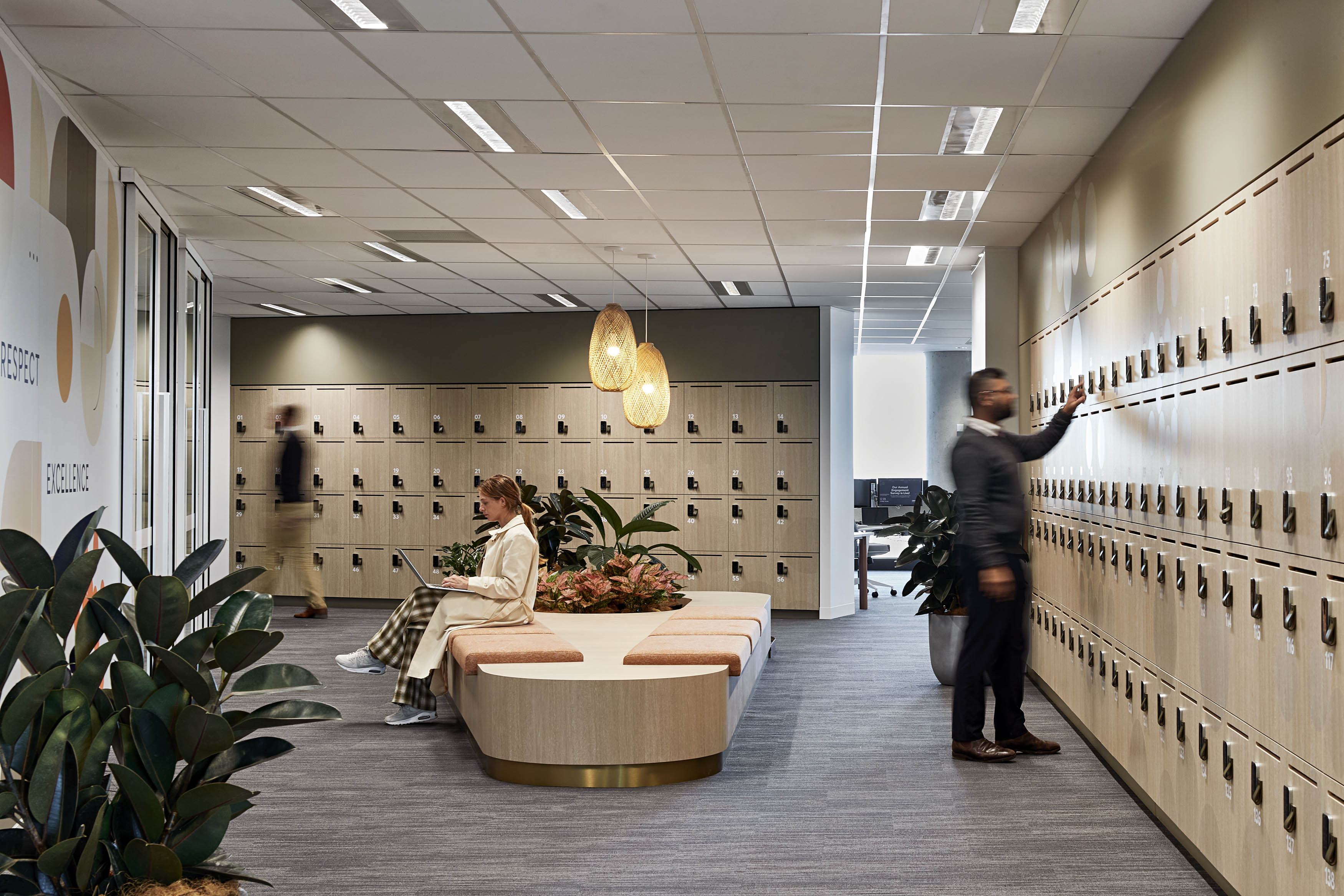The Benefits of Automation in the Workplace – Australia
Harnessing Workplace Automation: Unlocking Productivity and Strategic Advantages
In today's dynamic business environment, workplace automation stands as a pivotal force driving efficiency and innovation. By automating repetitive tasks, organizations enable employees to focus on strategic, value-added activities, thereby enhancing overall productivity. The advantages of automation extend beyond efficiency; they include minimizing human error, ensuring consistency, and improving accuracy across operations. Moreover, automation contributes to a safer work environment by reducing the need for employees to perform hazardous tasks. Embracing productivity automation not only streamlines workflows but also fosters a culture of innovation, allowing teams to allocate more time to creative problem-solving and strategic initiatives.







